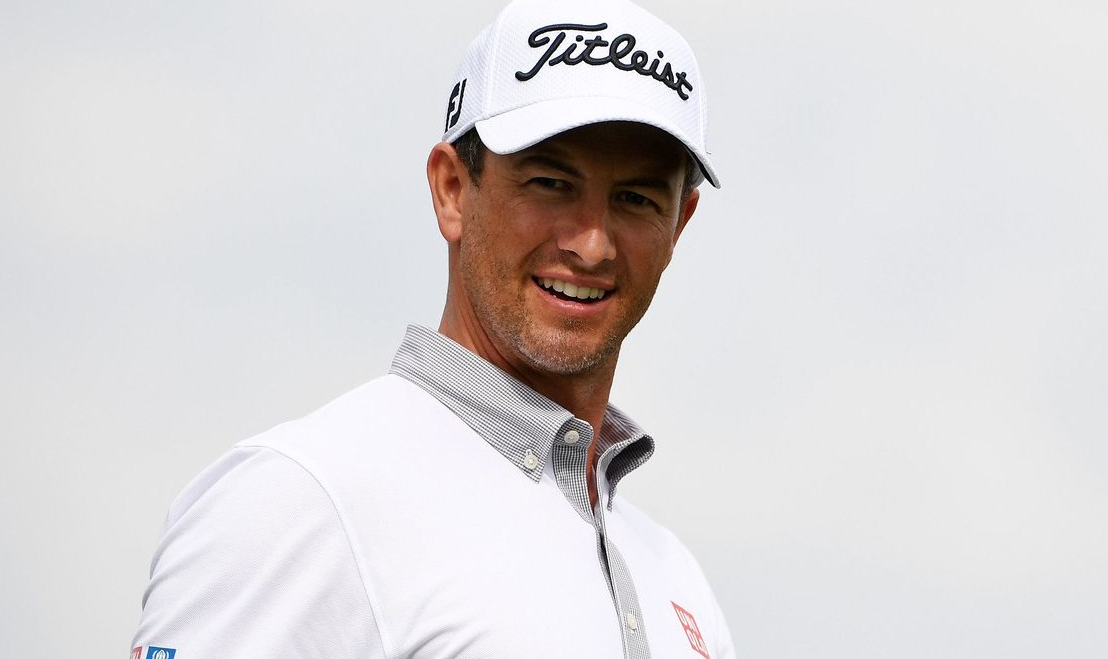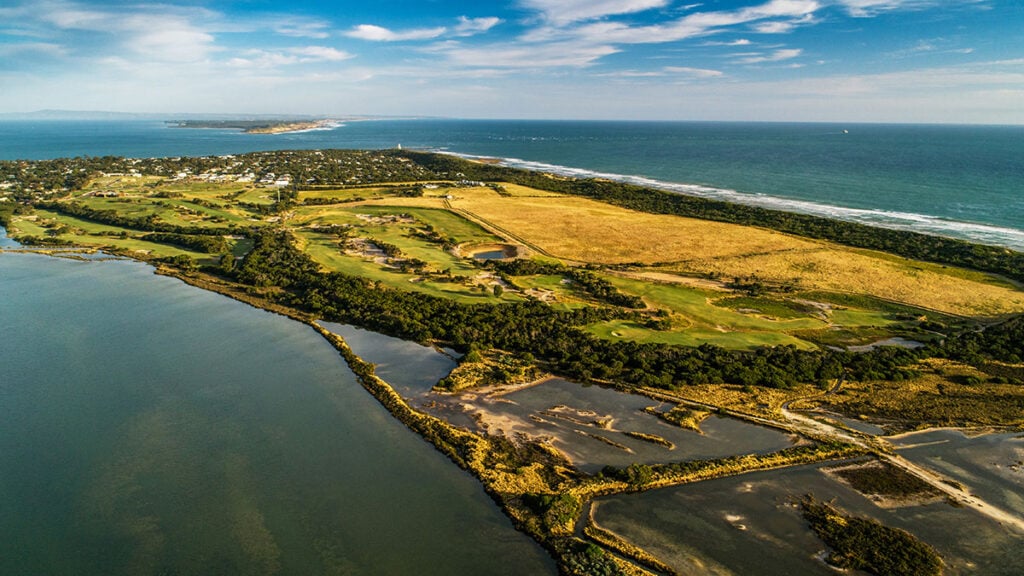Adam Scott was the first of the game’s current superstars to announce he would skip the men’s Olympic golf tournament in Rio, August 11–14. It’s a decision that exposed him to unwarranted criticism and slurs.
Forgoing the Olympics had been on Scott’s mind for some time. It seems he waited until after the Masters in April before making an announcement so it wouldn’t interfere with his preparation for the year’s first Major.
In a statement issued by his management company, Scott cited a packed playing schedule as the reason for his withdrawal: “My decision has been taken as a result of an extremely busy playing schedule around the time of the Olympics, and other commitments, both personal and professional.”
With golf returning to the Olympics after a 112-year absence, Scott bore the brunt of criticism for choosing to focus upon the year’s last two Majors and the FedEx Cup. Jack Nicklaus said golf’s growth could suffer if the stars bypassed the Games.
Swimming legend Dawn Fraser weighed in on Twitter: “Very sorry to hear that Adam Scott cannot fit it into his schedule to play for Australia at the Olympics,” wrote the four-time Olympic gold medallist. “Well done Adam great to put your country on hold so that you can fulfil your own schedule. How much money do you want in life? Not showing much for your country.”
Scott has consistently stated his indifference about golf at the Olympics. He foreshadowed his withdrawal last November when he said competing in Rio was not a priority. The prevailing argument has been that he should compete in Rio for national glory. But as Scott has pointed out, he represents Australia every time he tees it up at a golf tournament.
Scott could have cited the Zika virus as an excuse in his original statement. (Fraser believes he should have said Zika was a genuine concern and it would been received a whole lot better than the busy schedule.) Scott has since said he is “amazed” the virus is not being taken more seriously.

But the 2013 Masters champion made no initial mention of Zika, the mosquito-borne virus that can cause microcephaly in babies and Guillain-Barré syndrome in adults. It would have been very convenient to do so and this is where he is pure class.
Rereading the wording of his statement, it becomes apparent Scott didn’t wish to create fear and anxiety for golfers and Olympians heading to Rio. He appreciates the sacrifices made by athletes who train with single-minded determination for an event held once every four years.
It’s a stark contrast to the unpolished manner in which Vijay Singh opted out of Rio. “I would like to play the Olympics,” Singh told the Golf Channel, “but the Zika virus, you know and all that crap.”
Scott could have waited until another star player withdrew before announcing his decision. There is safety in numbers – as Jason Day, Marc Leishman, Charl Schwartzel, Louis Oosthuizen, Branden Grace, Rory McIlroy and Graeme McDowell would appreciate.
To be regarded as one of the all-time greats, the 36-year-old is cognisant he must win Majors. And time is running out. At the start of this year, he had 18 Majors before his 40th birthday – the age after which winning a Major is problematic. After a career-best start to this year, is it any wonder he is trying to stay fresh and harness a rich vein of form at the expense of Olympic gold?
Golf’s governing bodies are the real villains. The US PGA Tour, R&A, USGA, PGA of America and Ryder Cup Europe failed to create a proper window in the schedule for the Olympics. They had known about golf’s inclusion since 2009 and yet made no genuine effort to shift the Majors, the FedEx Cup and the Ryder Cup to accommodate it. The PGA Championship finishes just five days before the Olympics begin.
Scott said he would only see his wife and baby daughter for six days in nine weeks if he went to the Olympics. Instead of being criticised, he should be praised for the fact he won’t sacrifice family time for a mundane golf tournament.
And that’s another issue. The governing bodies came up with a lousy format that failed to inspire the players. They rejected the advice of current and past players and media commentators when opting for strokeplay over 72 holes, despite a plethora of those tournaments on any given week.
There are many other considerations that would have influenced Scott’s decision. Competing in the Olympics brings a ton of inconvenience. Athletes must constantly provide their whereabouts to anti-doping authorities, which can contact them anywhere and anytime to provide a urine and/or blood sample.
No doubt, Scott would have been uncomfortable with the fact adidas is the apparel and footwear supplier for Team Australia in Rio. That would sit awkwardly for someone who has been paid handsomely to endorse Titleist throughout his career. Image matters for somebody with a brand like Adam Scott. And so does loyalty.
Throughout this ordeal, Scott has emerged as the mature voice of golf’s current superstars. He has highlighted deficiencies in the Olympic format, field size and eligibility criteria. And he has offered solutions such as making Olympic golf a teams’ event and exclusively for amateurs.
That Scott was the first high-profile player to withdraw from the Olympics has inadvertently given him a licence to speak his mind. And he has done so with class.




